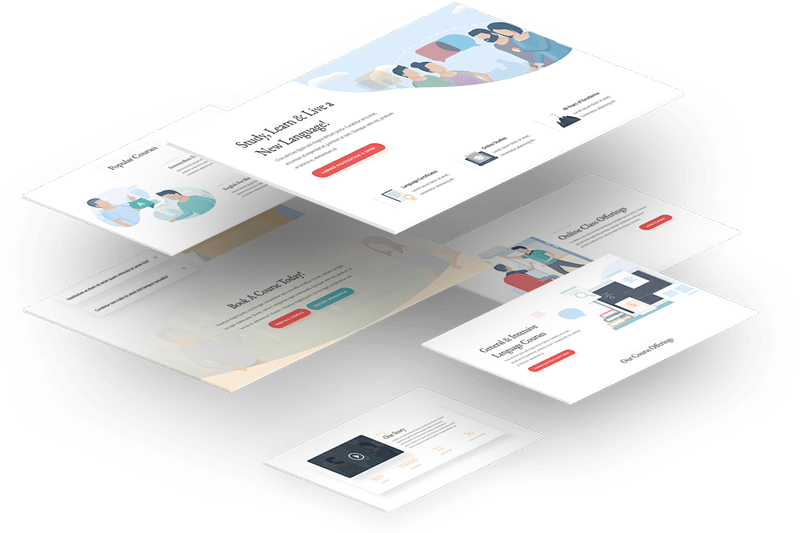Becoming a developer involves a series of steps and continuous learning, as the field of development is vast and ever-evolving. Here’s a general roadmap to help you become a developer:
- Choose a Programming Language:
- Start by selecting a programming language to learn. Popular options include Python, JavaScript, Java, C#, and more. The choice may depend on your interests and career goals.
- Learn the Basics:
- Begin with the fundamentals of programming, including variables, data types, operators, and control structures (like loops and conditionals). Online tutorials, courses, and books are excellent resources.
- Explore Data Structures and Algorithms:
- Gain a strong understanding of data structures (e.g., arrays, lists, trees) and algorithms (e.g., sorting, searching). This knowledge is fundamental to efficient coding.
- Build Projects:
- Hands-on practice is crucial. Start building small projects to apply what you’ve learned. Projects help you solidify your skills and create a portfolio.
- Version Control:
- Learn version control systems like Git. It’s essential for collaborative development and tracking changes in your code.
- Web Development (Optional):
- If you’re interested in web development, delve into HTML, CSS, and JavaScript. Learn how to create websites and web applications.
- Database Knowledge:
- Familiarize yourself with databases and SQL (Structured Query Language). Understand how to store and retrieve data.
- Frameworks and Libraries:
- Depending on your language of choice, explore relevant frameworks and libraries. For example, if you’re into web development, learn a front-end framework like React or Angular.
- Specialize (Optional):
- Consider specializing in a specific area of development, such as mobile app development (iOS/Android), game development, data science, or machine learning.
- Continual Learning:
- Stay updated with the latest industry trends, tools, and technologies. Attend conferences, read blogs, and follow online communities.
- Online Courses and Bootcamps:
- Enroll in online courses or coding bootcamps that offer structured learning and hands-on projects. They can provide a structured learning path and mentorship.
- Networking:
- Connect with other developers through online forums, social media, and developer meetups. Networking can lead to valuable opportunities and insights.
- Contribute to Open Source:
- Consider contributing to open-source projects. It’s a great way to gain experience, collaborate with others, and give back to the developer community.
- Soft Skills:
- Develop soft skills like problem-solving, communication, and teamwork. They are as important as technical skills in a developer’s career.
- Build a Portfolio:
- Create a portfolio showcasing your projects. It’s a powerful tool when applying for jobs or freelance work.
- Job Search:
- Start applying for entry-level developer positions or internships. Tailor your resume and cover letter to highlight your skills and projects.
- Interview Preparation:
- Prepare for technical interviews. Practice coding challenges, algorithms, and system design questions. Understand the interview process of companies you’re interested in.
- Continuous Improvement:
- Even after landing a job, keep learning and improving your skills. The tech industry evolves rapidly, and ongoing learning is essential for success.
Remember that becoming a developer is a journey that requires dedication and continuous learning. Be patient with yourself and focus on building a strong foundation in programming. Over time, you’ll gain the expertise needed to pursue a fulfilling career in development.

